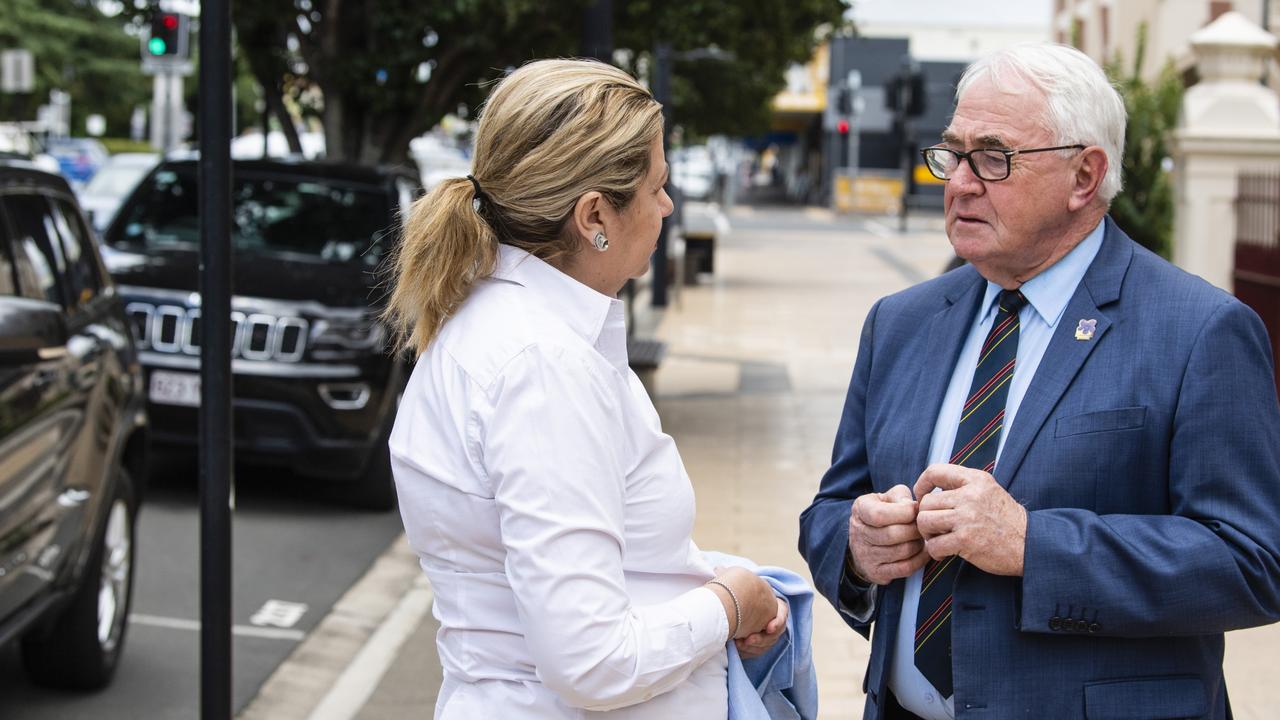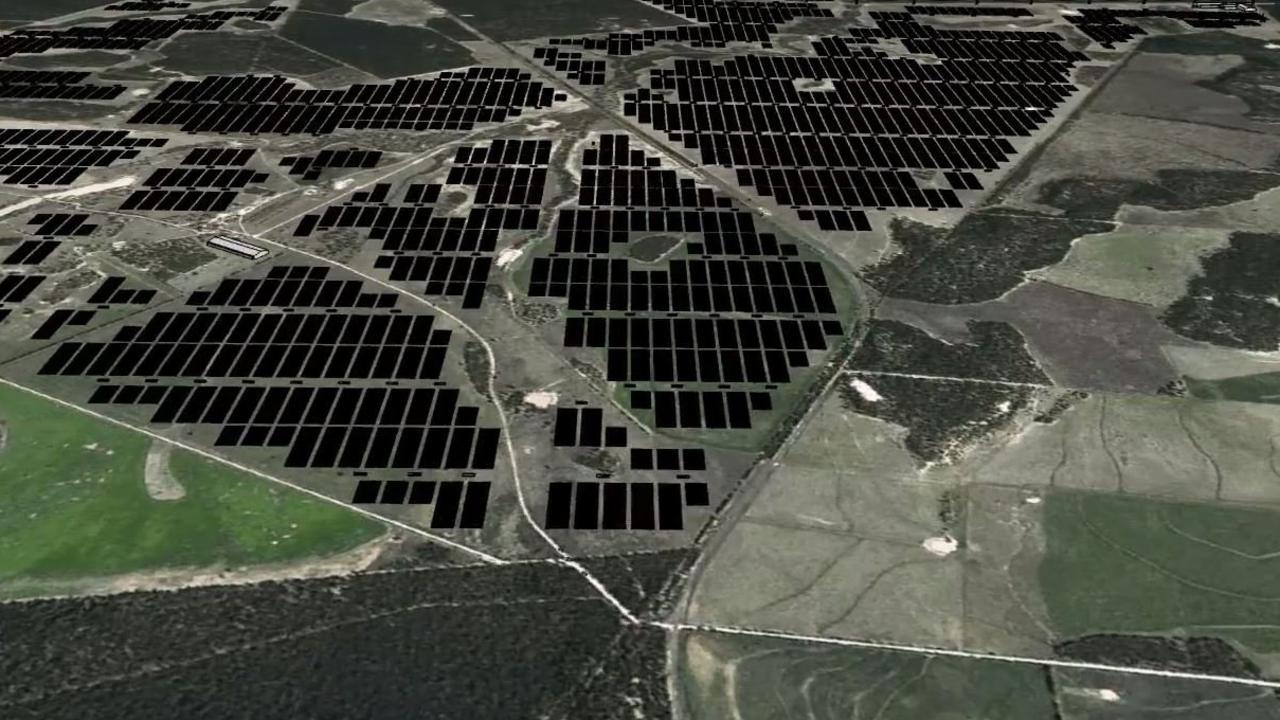Toowoomba Regional Council to apply for postal voting ahead of 2024 election
With an election around the corner, Toowoomba Regional Council will apply to make a major change to how the ballot will be conducted, citing a change in residents’ habits and the lingering impacts of Covid.
Council
Don't miss out on the headlines from Council. Followed categories will be added to My News.
Toowoomba region residents may be able to vote from the comfort of their own homes as the 2024 local government election fast approaches.
Toowoomba Regional Council will apply for the March 2024 election to be conducted solely by postal ballot, with the decision ultimately up to the Local Government Minister, Steven Miles.
“Since Covid, residents habits have changed and people are much more used to doing things like this remotely,” TRC Finance and Business Strategy Committee chair councillor Geoff McDonald said.
“Considering the size of the region and the large amount of polling booths required for the election, we think it would be more appropriate to have postal votes for the community.
“As well as there being less resources required for all of the individual polling booths, a postal vote would be the most cost effective option for our region.”

Under section 45 of the Local Government Electoral Act 2011, a local government can apply before May 1 the year before an election for a poll to be conducted only by postal ballot for all of the local government’s area, or one or more divisions of its area, or a part of its area marked on a map.
However, Mr McDonald said the council supported postal voting for all areas within the Toowoomba region.
Previously, the 2008 by-election and 2012 general council election were conducted by a full postal vote.
Three attendance ballots were conducted for a local government election in 2008, 2016 and 2020.
In 2016 and 2020, submissions were made for those elections to be held through postal ballot, however the Minister at the time decided to conduct through attendance voting.
One of the reasons for the decision was that a majority of the electors would not need to travel more than 20km or 20 minutes to cast their ballot and those that did have difficulty were giving the option of a pre-poll vote.
It was outlined in the February 15 Finance and Business Strategy Committee for TRC that the Minister at the time also said “any potential savings associated with postal ballot voting will be minor compared to the improved transparency and accountability and other social benefits afforded by attendance ballot polls”.
Despite it being a cost-effective way to elect the region’s council, multiple disadvantages were noted, including the possible two week delay to declare a result, and the potential of ballot papers being stolen from letter boxes or damaged in weather.
The result of the postal vote application will be revealed in the second half of the year.








